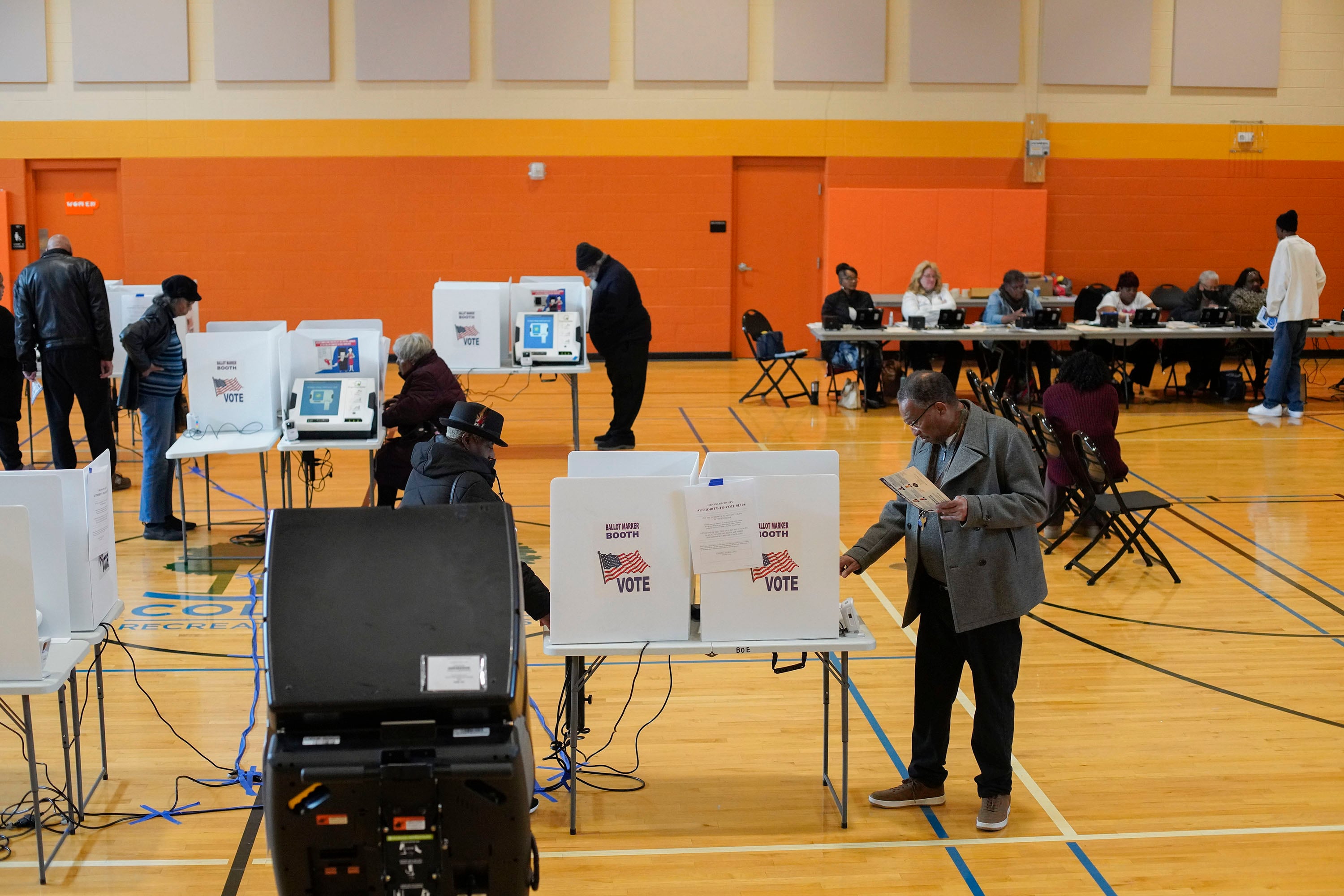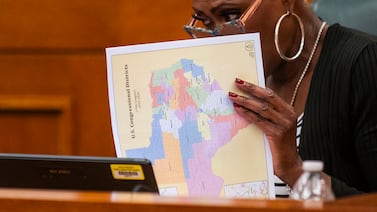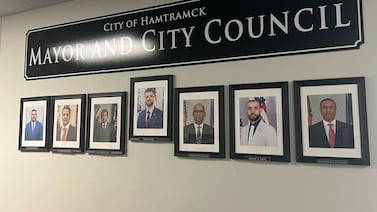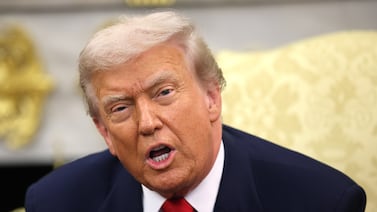Votebeat is a nonprofit news organization reporting on voting access and election administration across the U.S. A version of this post was originally distributed in Votebeat’s free weekly newsletter. Sign up to get future editions, including the latest reporting from Votebeat bureaus and curated news from other publications, delivered to your inbox every Saturday.
Here at Votebeat, we spend a lot of time and energy providing accurate information about elections to the public, so here’s a hard truth: Elections don’t run on pixie dust. They take money and planning, and a lot of both.
No matter how many times election officials remind them, politicians still struggle to grasp this fact, especially Congress.
Most money for administering elections comes from state and local governments, which control most things about elections. But the work is becoming more complex and expensive, and not all local governments are able to keep up with the growing burden. Election officials have long begged for a predictable stream of federal funds to help cover rising election costs, but Congress has in recent years allocated very little. And now once again, those grant dollars were caught up in the uncertainty that surrounds messy appropriations negotiations as the nation lurches towards a shutdown.
What does that mean for election funding? Basically, that everyone advocating for it has to hold their breath.
The federal government has declared elections to be critical infrastructure, but the amount it allocates to states and territories through the U.S. Election Assistance Commission has shrunk over the past few years. In 2018, the figure was $380 million. In 2020, it was $425 million, plus another $400 million allocated as part of the nation’s response to the COVID-19 pandemic.
Last fiscal year, it amounted to just $75 million, and a Senate version of the omnibus appropriations bill called for the same amount this year. Republicans wanted to reduce that to zero, Punchbowl News reported this month.
Text of the compromise legislation wasn’t available until around 3 a.m. Thursday, making it harder for state and local election officials to plan their budgets, with this year’s presidential election looming. The bill ultimately included $55 million for grants, which means even less money for elections than last year.
“Election offices need time to plan investments thoughtfully, and the erratic nature of federal funding has routinely limited its effectiveness,” Rachel Orey, the senior associate director of the elections project at the Bipartisan Policy Center, a nonpartisan think tank, said in an email.
Orey points out that elections cost at least $2 billion per year, according to an estimate by the MIT Election Data and Science Lab. The Bipartisan Policy Center recommended that Congress allocate $400 million for elections this fiscal year.
The $55 million that’s now in the bill is just a fraction of that, but it’s better than nothing, especially coupled with election security grants available through the U.S. Department of Homeland Security that reportedly will be available.
Offering federal grants, even small ones, still matters, said EAC Chairman Benjamin Hovland. States have applied such grants toward the cost of purchasing new voting systems and fulfilling other election-related needs, from voter education to security.
“I think it’s still an important signal that there are federal funds being made available,” he said, while acknowledging that “we hear all the time from election officials that consistent federal funding would make a big difference in their planning.” Election officials have real needs, including combating both cyber and physical threats and harassment, he said.
For the first time this year, the bill says the $55 million is “to be paid from the unobligated balances” in the Presidential Election Campaign Fund. That fund was originally created to provide public financing for presidential campaigns, but the money comes with restrictions for campaigns that accept it, and no candidate has done so since 2008, leaving hundreds of millions of dollars unused. Many have suggested that Congress redirect the money, including the Bipartisan Policy Center, which in 2022 suggested using it to pay election costs.
After the final $55 million number became available Thursday, Hovland said that it means states “probably know they are getting $1 million … they can start planning to use that today or as soon as this bill passes.”
The EAC has a track record of disbursing the money quickly. Of course, when $55 million is divided among 50 U.S. states, plus territories, the numbers shrink quickly. Some states need legislative approval in order to accept the money, which can create an obstacle if a legislature isn’t in session this year or has already adjourned.
Legislatures themselves sometimes push election officials to spend it quickly, so they might buy what they can rather than wait and spend it most efficiently; Patrick Gannon, a spokesman for the North Carolina state elections board, confirmed that in 2020, some counties tried to use up grant funds faster by buying backup surge protectors and similar supplies.
Whatever money gets through this year, Orey believes election officials are likely to spend it on things such as increasing poll worker pay, hiring more temporary workers, combating bad information, and updating security.
These are, pretty much, things everyone wants election officials to do. So, Congress: It’s up to you.
Carrie Levine is Votebeat’s managing editor and is based in Washington, D.C. She edits and frequently writes Votebeat’s national newsletter. Contact Carrie at clevine@votebeat.org.






